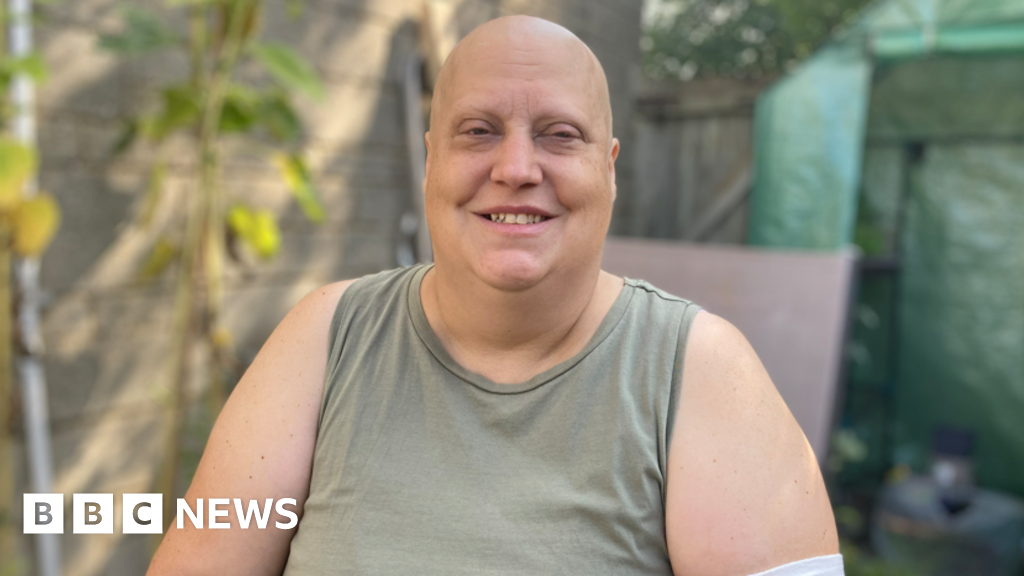
The UK is facing an ever-growing issue with access to affordable dental care, a reality keenly felt by individuals such as Faye Woodley. For many like her, the cost of dental treatment has become an insurmountable barrier, highlighting a glaring gap in the NHS dental system. Is dental care becoming increasingly accessible only to the wealthy, while others are left to suffer?
The Impact of Cancer Treatments on Dental Health
Faye Woodley, a breast cancer survivor from Chippenham, Wiltshire, has endured severe dental consequences following chemotherapy treatment. Due to chronic illness, she has been unable to work for the past decade, leaving her reliant on benefits to survive. The combination of chipped teeth, missing molars, and painful dental issues has led to a limited diet and ongoing physical discomfort.
“I’m on benefits, and I struggle to survive month to month as it is,” Faye explained. “Paying thousands of pounds for necessary dental treatments just isn’t a possibility for me.” Despite her health struggles, Faye’s quest for NHS dental care has proven futile, with no practices in her area currently offering NHS services for new patients.
Why Are NHS Dentists Becoming Scarce?
The shift from NHS dental services to private practices is a trend that seems to be accelerating. Practices like Hathaway Dental in Chippenham felt forced to transition, citing difficulties in recruiting NHS dentists. Keith Garber, practice director at Hathaway Dental, explained, “We tried for months to hire NHS dentists but received no applicants. Becoming a private practice was a decision made to ensure the survival of the business.”
This highlights a systemic issue that persists nationwide: a shortage of NHS dentists, forcing many practices to either go private or shut down. For patients like Faye, this translates to increased personal costs and deteriorating oral health.
A Look at the Government’s Plans
The UK government has announced a 10-year health plan aimed at transforming the NHS system by 2035. Part of the plan promises an overhaul of the dental contract and measures to ensure NHS-trained dentists work for the public healthcare system for a minimum period. However, critics argue that these changes come too late for those already suffering from the inadequacies of the current system.
Additionally, the government has rolled out 700,000 urgent and emergency NHS appointments as an interim solution. Yet, many patients remain unconvinced of the long-term viability of these measures. Faye, for instance, expressed skepticism: “It feels like we’re going back to Victorian times when only the rich had access to proper care.”
Finding Solutions in the Interim
For people navigating the challenges of dental care, proper at-home dental maintenance can help mitigate some damage. Investing in high-quality dental care products might not be a cure, but it can serve as preventative maintenance. Products like Colgate Total Whitening Toothpaste (available via major retailers) can be a great starting point to improve oral health. Additionally, using fluoride mouth rinses and flossing daily can go a long way in keeping existing teeth healthier for longer.
Conclusion
As the debate around reforms to NHS dentistry continues, stories like Faye’s shed light on the human impact of government inaction and systemic challenges. Addressing this issue requires not only policy changes but also community support to ensure dental care is accessible to everyone. Until then, patients are left to navigate this crisis on their own, often at great personal and financial cost. Stay informed about the NHS dental care updates and advocate for equitable access to treatment for all.






